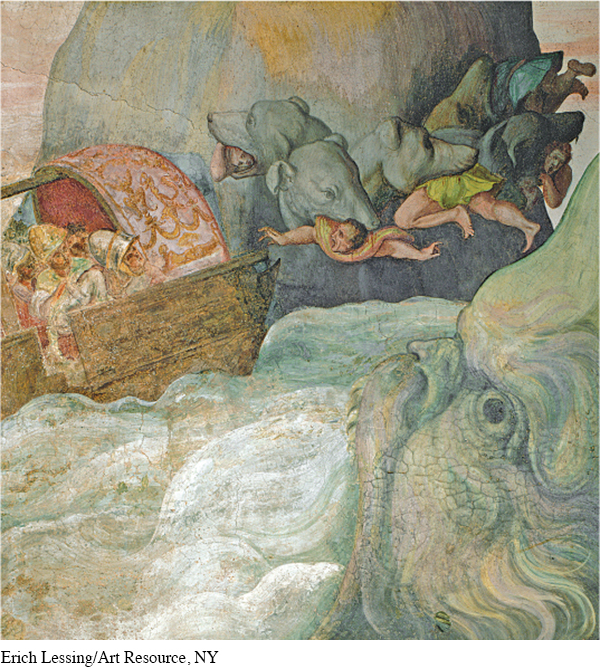7.4 CONVERSATION
DO THE RIGHT THING
Everyday life presents us with choices. Most times we make the right choice, sometimes we make the wrong choice, and just about every time, we wonder what would have happened had we made the other one. While it’s unlikely that you have yet to face the ethical situation of “designing” your own baby as presented in the Central Text, you certainly have faced, and will face, difficult situations in which it will be hard to figure out the right thing to do. It might be something simple, such as a cashier’s giving you too much change—
Here’s another scenario: imagine that you are walking down the street and you find an envelope filled with cash and no identification about who owns it. You know that you’re supposed to take it to the police or put up signs in an effort to find the owner, and yet . . . in reality, most people would consider themselves lucky to find such a “gift,” and keep it for themselves. Is that the right thing to do in that situation? Perhaps you could justify the act of keeping the money by giving some to charity or by paying off your grandparent’s medical bills, but really, you just want to keep the money. . . . Everyone tells stories to himself or herself to put the best spin on any situation, but when we can isolate a single ethical choice, as in the scenarios above, we can begin to recognize the parameters of the ethical dilemmas we face and, more important, to determine the best ways to make those choices.


In Homer’s Odyssey, Odysseus is told by the sorceress Circe that in order to make it home, he must sail between Scylla and Charybdis—
In this Conversation, you will read short stories, nonfiction, and poetry that take place in a variety of settings, including a jail cell in Nigeria, a supermarket too far from the beach for bikinis, the side of a deserted road at night, and an unnamed village overrun with crabs. In each text, the protagonists wrestle with doing the right thing. The answers rarely come easily for them, and often they come at significant costs.